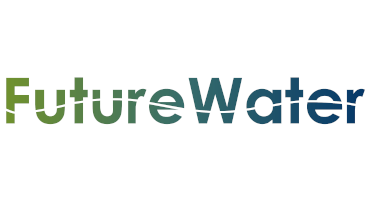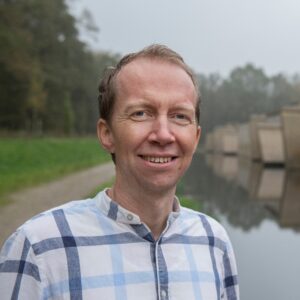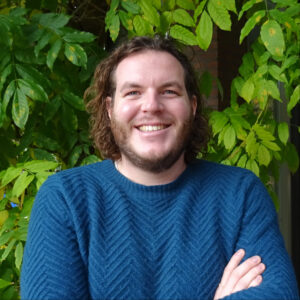FutureWater

FutureWater is a research and consulting organization that works throughout the world to combine scientific research with practical solutions for water management. FutureWater works at both global, national and local levels with partners on projects addressing water for food, irrigation, water excess, water shortage, climate change, and river basin management. FutureWater’s key expertise is in the field of quantitative methods, based on simulation models, geographic information systems and satellite observations. Important clients and collaborators are: World Bank, Asian Development Bank, National and Local Governments, River Basin Organizations, Science Foundations, Universities, and Research Organizations. In addition to carrying out research and providing advice on request to clients, FutureWater frequently initiates state-of-the-art scientific and applied research projects. FutureWater has a pro-active approach to research where we use models to investigate a variety of problems and challenges in water management and emphasize possibilities for the future. FutureWater has offices in Wageningen (The Netherlands) and in Cartagena (Spain) and has been active in Central Asia since 2008 on different research/ consultancy projects w.r.t. water availability and planning.
FutureWater’s main contribution lies in the Water Allocation Modelling with WEAP as part of work package 3.2. FuturWater will combine both the hydrologically determined water availability (WP2) with the crop-model derived water demands (WP3.1) for the area of interest, and its downstream boundaries, to establish a suite of scenarios to be embedded in the Decision Support System. This will be done for both the status quo and future scenarios.First, FutureWater will schematize the project basin in WEAP. Intra- and inter-annual inputs on water demand and availability will be obtained from the water demand and hydrological model simulations. Dimensions of relevant water infrastructure will be obtained from knowledge within the consortium (local partners), as well as from additional literature review. Second, FW will calibrate the WEAP model based on measured runoff, which will indicate which fraction of the blue water demand of each user is actually met and by what source. The results of this study, combined with the water availability and demand outputs, will then feed into the Decision Support System to foster the adaptation of water resources management and planning to climate change.

Given the long track-record of FutureWater on water availability in Central Asia, FutureWater has acquired extensive experience in this transboundary region. WE-ACT enables FutureWater to further their expertise while relying on previous work and experience, to contribute to an enhanced understanding of water allocation under climate change in the Syr Darya. The set-up of WEACT, with both local and international partners will be of great significance to the establishment of a decision support system for this transboundary river basin.


Brecht D’Haeyer (MSc.) is a hydrologist and water resources engineer with 3 years of experience on surface water, and groundwater modelling. He has worked both for the public and private sector in Belgium, Bangladesh, Burundi, India, Myanmar, Rwanda, Zambia, Kyrgyzstan and Tajikistan. Brecht has advanced skills in hydraulic and hydrologic modelling and GIS analysis using a variety of existing software packages, and programming languages. He is an ambitious and idealistic young professional who aims to contribute to a more sustainable and inclusive world, thereby combining his socio-technical background with his experiences from international water management projects. This specific combination has allowed Brecht to look beyond the technical problem, tackle complex challenges, and contribute to the most sustainable solution. Brecht is currently a consultant/ researcher on Hydrology at the FutureWater office in Wageningen.




